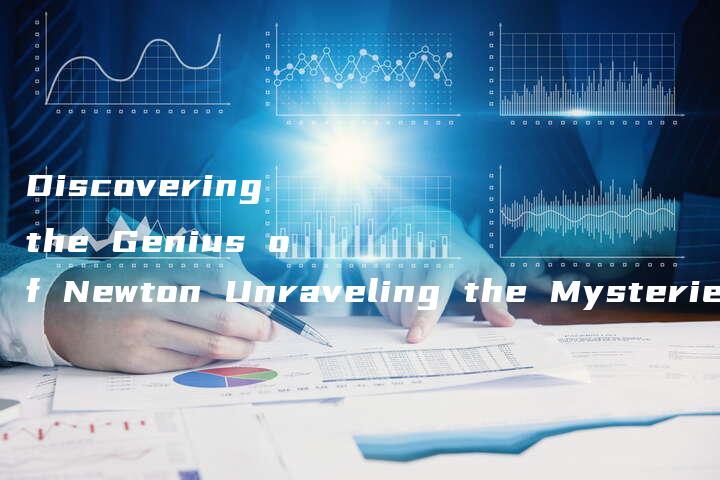
Who was Isaac Newton?
Isaac Newton was a British physicist, mathematician, and astronomer who lived from 1642 to 1727. He is widely regarded as one of the most influential scientists in history and is known for developing the laws of motion and gravitation, as well as his work on optics and calculus.
What were some of Newton's greatest achievements?
Newton's greatest achievements include the development of the laws of motion and gravitation, which laid the foundation for modern physics. He also made significant contributions to the fields of optics and calculus, and his work on the nature of light helped to revolutionize our understanding of the physical world.
What made Newton a genius?
Newton's genius lay in his ability to make sense of complex scientific phenomena and develop elegant solutions to difficult problems. He had an exceptional mind for mathematics and was able to use this skill to uncover the underlying principles of the physical world.
What was Newton's impact on modern science?
Newton's impact on modern science cannot be overstated. His work laid the foundation for much of modern physics and his discoveries have had a profound impact on the world we live in today. From the development of modern technology to the exploration of space, Newton's legacy continues to shape our understanding of the universe.
What can we learn from Newton's life and work?
Newton's life and work serve as an inspiration to all those who seek to push the boundaries of human knowledge. His relentless pursuit of scientific understanding and his unwavering commitment to the truth serve as a model for all those who seek to make a positive impact on the world.
Conclusion
Isaac Newton was a true genius whose contributions to science and mathematics continue to shape our understanding of the world today. His life and work serve as an inspiration to all those who seek to achieve greatness and make a positive impact on the world.
 中小企业网
中小企业网




